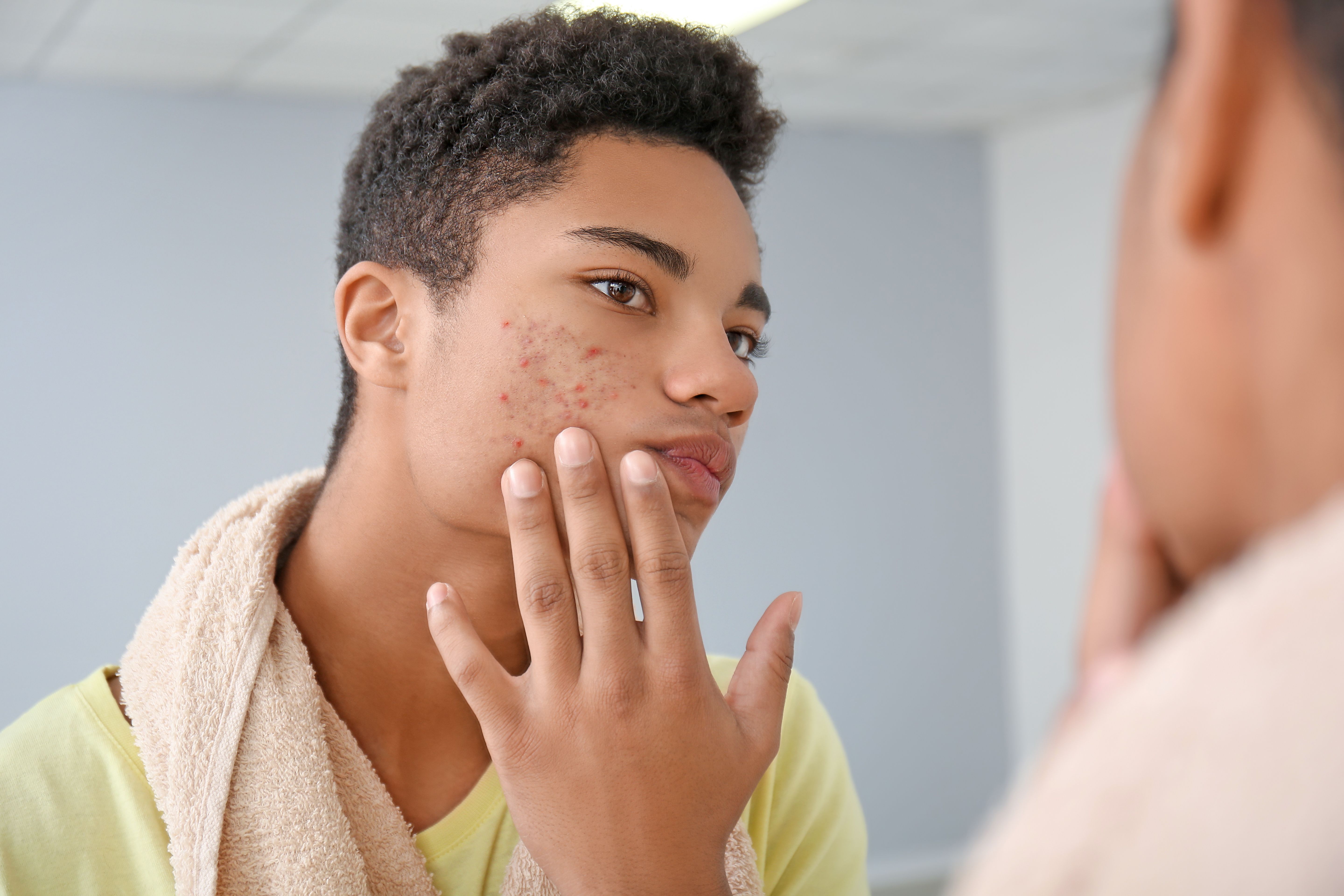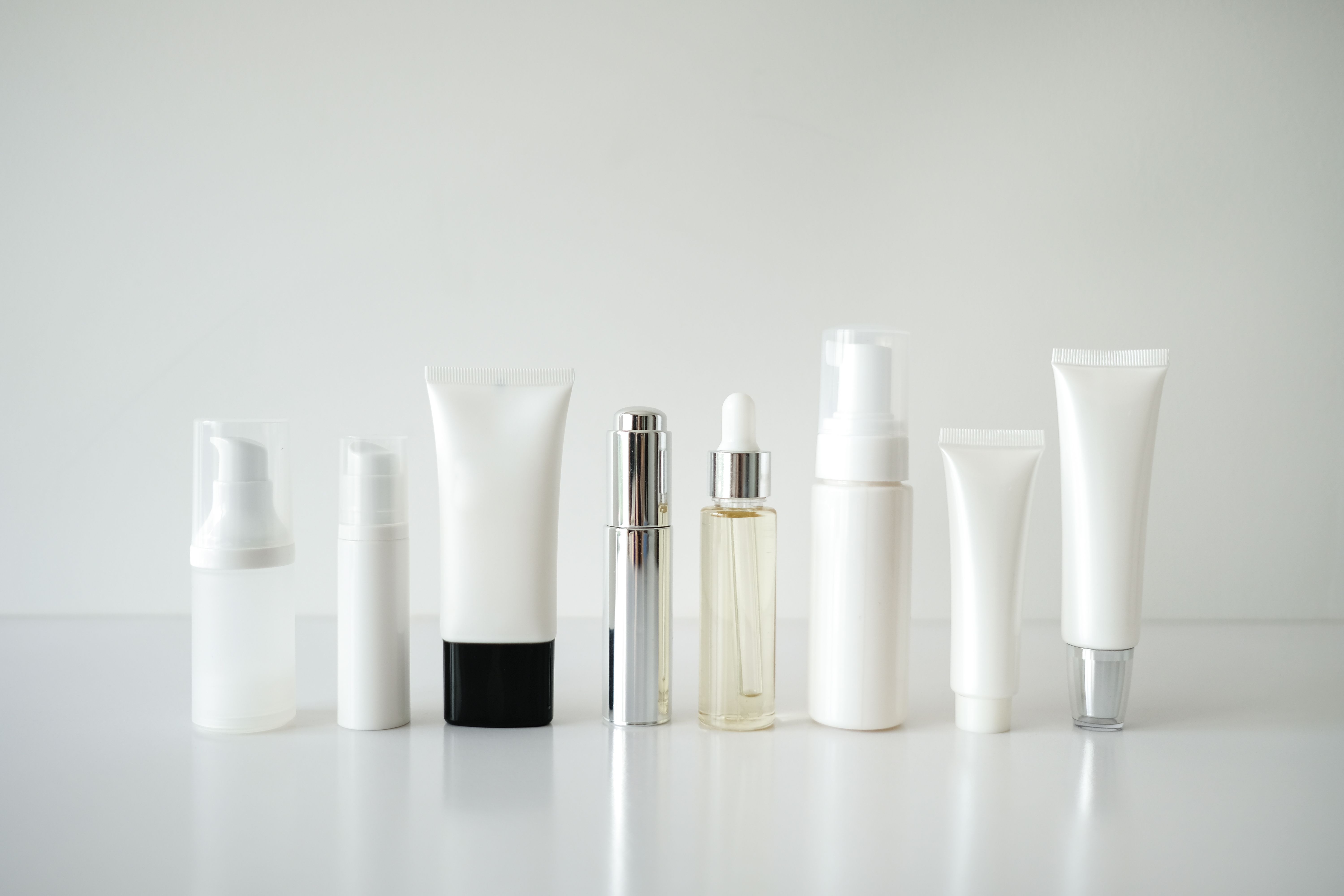- Acne
- Actinic Keratosis
- Aesthetics
- Alopecia
- Atopic Dermatitis
- Buy-and-Bill
- COVID-19
- Case-Based Roundtable
- Chronic Hand Eczema
- Chronic Spontaneous Urticaria
- Drug Watch
- Eczema
- General Dermatology
- Hidradenitis Suppurativa
- Melasma
- NP and PA
- Pediatric Dermatology
- Pigmentary Disorders
- Practice Management
- Precision Medicine and Biologics
- Prurigo Nodularis
- Psoriasis
- Psoriatic Arthritis
- Rare Disease
- Rosacea
- Skin Cancer
- Vitiligo
- Wound Care
Feature
Article
Promoting Beneficial Skin Care and Self Care Habits Among Teenagers
Author(s):
With hormonal fluctuations, constantly changing schedules, and various afterschool activities, addressing the specific needs of teenage skin becomes essential to promote a lifetime of proper skin care practices.
As teenagers navigate the challenges of going back to school this fall, they often encounter unique skin care concerns that require tailored solutions. Customizing a skincare routine for teenagers goes beyond mere aesthetics; it nurtures healthy habits and fosters self-confidence during this often challenging time in their life. With hormonal fluctuations, constantly changing schedules, and various afterschool activities, addressing the specific needs of teenage skin becomes essential to promote a clear complexion and lay the foundation for a lifetime of proper skincare practices. This age group often faces challenges such as balancing a busy morning and evening schedule with participating in sports activities and the necessity to apply sometimes multiple topical prescriptions for various dermatological concerns. By adapting the routine to fit these changing circumstances, they can learn to achieve and maintain healthy and glowing skin.
Mornings can be rushed; a quick and simple morning routine is key to kickstarting the day. Teenagers should start by washing their face with a cleanser appropriate for the individual’s skin type, oily or dry. Applying a broad-spectrum sunscreen with at least SPF 30, even on cloudy days, can protect against harmful UV rays. If additional moisture is needed, a lightweight moisturizer can be added prior to applying sunscreen.
Evenings provide an opportunity to focus on self-care after a busy day. The evening routine should focus on repairing and nourishing the skin. Just as in the morning routine, it’s important to start with a suitable cleanser. Some people may wish to double cleanse if wearing makeup or if they have oilier skin to ensure all residues are removed. If prescribed any topical medications, these should be applied as directed by the dermatology provider, then followed with a suitable moisturizer for their skin type.
A few of my favorite products for an oily/combination skin type include La Roche-Posay Effaclar Gel Facial Wash, Neutrogena Hydro Boost Hydrating Serum, La Roche-Posay Toleraine Double Repair Matte Face Moisturizer, and Eucerin Oil Control SPF 50. I’ve found that these products give the essential hydration needed without feeling heavy on the skin. In addition, the La Roche-Posay Effaclar Gel Facial Wash and Double Repair Matte Face Moisturizer may be used morning and night providing added simplicity to the regimen. For teenagers and young adults involved in sports, sweat and environmental pollutants can contribute to skin issues. I frequently recommend CLn Sportwash for my patients involved in sports activities and to those who are struggling with body acne. It contains hyperdilute sodium hypochlorite, yet it will not bleach clothes/towels, does not smell like bleach, and is safe to use daily.
Teenagers, like people of any age group, can develop certain bad habits when it comes to skin care. These habits may exacerbate existing skin issues or lead to new problems. Some common bad habits among teenagers and young adults include picking and squeezing at pimples which can lead to infection and scarring, not wearing sunscreen daily, sleeping with makeup on, and experimenting with DIY skin remedies discussed on social media. While some of these social media skincare trends may be beneficial, many are ineffective or even harmful to the skin. Educating teenagers and young adults about the importance of good skincare habits and providing guidance on proper practices can help them establish a healthy routine that nurtures their skin and promotes long-term skin health.
A successful skin care routine should be adaptable to changing circumstances. Busy schedules and unpredictable events may disrupt the routine occasionally, but it's crucial to get back on track as soon as possible. Customizing a skin care routine for teenagers and young adults involves tailoring the routine to their morning and evening schedules, integrating sports activities, and sometimes integrating prescription medications. By staying consistent, adaptable, and seeking professional guidance, teenagers can achieve and maintain optimal skin health, thereby promoting confidence and overall well-being. When we understand our teenage patients’ individual skin types and concerns, and offer tailored guidance, we can empower teenagers to embrace a skincare routine that not only enhances their skin health, but also cultivates a sense of self-care that resonates throughout their lives.
Disclosure: None relevant
Vincent Smith, DNP, ANP-C, DCNP, is a board-certified dermatology nurse practitioner specializing in both medical and cosmetic dermatology. During the course of his 12-year dermatology NP career he has become a respected thought leader in both medical and cosmetic dermatology. When not seeing patients in his clinic he enjoys skiing, visiting Italy, and playing with his 9-year-old Greyhound.
Newsletter
Like what you’re reading? Subscribe to Dermatology Times for weekly updates on therapies, innovations, and real-world practice tips.
















